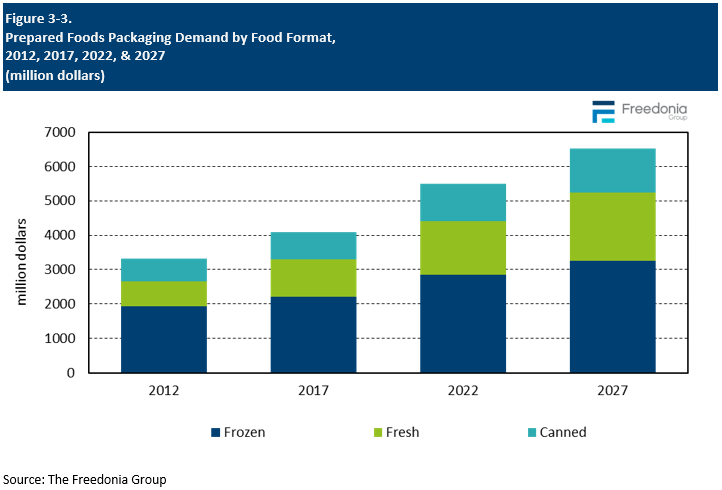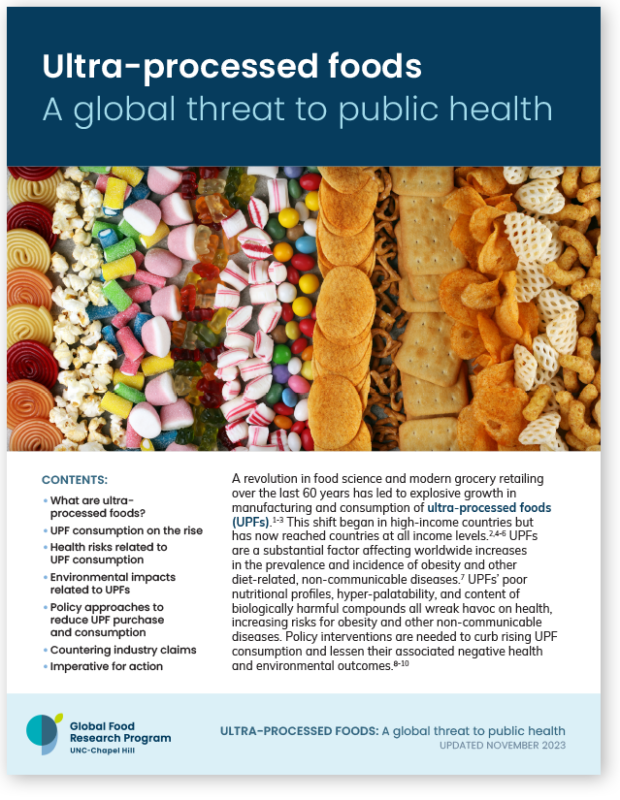Beyond Resveratrol - Exploring the Gut Health Benefits of Polyphenols in Wine

For centuries, wine, particularly red wine, has been touted for its potential health benefits. While moderate consumption is key, research continues to uncover intriguing links between wine and well-being, extending beyond the often-cited antioxidant resveratrol.
One area of burgeoning interest lies in the impact of wine polyphenols on gut health. Polyphenols are naturally occurring compounds found abundantly in grapes and consequently in wine. These powerful antioxidants are believed to influence various aspects of our gut microbiome – the complex ecosystem of trillions of bacteria residing in our digestive tract.
The Gut Microbiome: A Cornerstone of Health
Before delving into the specifics of wine and gut health, it's crucial to understand why a balanced gut microbiome is so important. Our gut microbiome plays a pivotal role in:
- Digestion and Nutrient Absorption: Breaking down food and absorbing essential nutrients.
- Immune System Function: Around 70% of our immune system resides in the gut, where it interacts with the microbiome.
- Mental Health: Emerging research suggests a strong link between the gut microbiome and the brain, influencing mood and cognitive function.
- Disease Prevention: An imbalanced gut microbiome (dysbiosis) has been associated with an increased risk of various conditions, including obesity, type 2 diabetes, and certain cancers.
Wine Polyphenols and Their Impact on Gut Bacteria
Wine, particularly red wine, is a rich source of diverse polyphenols, including:
- Resveratrol: Found in grape skins, resveratrol boasts potent antioxidant and anti-inflammatory properties.
- Quercetin: Another powerful antioxidant, quercetin may help regulate gut bacteria and reduce inflammation.
- Catechins: These polyphenols are known for their antioxidant and antimicrobial effects.
- Ellagic Acid: May help protect against gut inflammation and oxidative stress.
Research suggests that these polyphenols may exert prebiotic-like effects, acting as "food" for beneficial bacteria in the gut. For instance, a 2022 study published in the journal "Food & Function" found that red wine polyphenols increased the abundance of Akkermansia muciniphila, a bacterium linked to improved metabolic health and gut barrier integrity.
Furthermore, a 2023 review in "Nutrients" highlighted several studies demonstrating that moderate wine consumption could:
- Increase the diversity of gut bacteria, generally considered a marker of a healthier gut.
- Reduce the abundance of harmful bacteria associated with inflammation and disease.
- Promote the growth of beneficial bacteria, including those involved in short-chain fatty acid production.
Beyond the Microbiome: Other Gut Health Benefits
In addition to their influence on the microbiome, wine polyphenols may also provide direct benefits to the gut lining:
- Reduced Inflammation: Polyphenols have been shown to possess anti-inflammatory effects, potentially protecting against inflammatory bowel diseases (IBD) like Crohn's disease and ulcerative colitis.
- Improved Gut Barrier Function: The gut barrier acts as a protective shield, preventing harmful substances from leaking into the bloodstream. Wine polyphenols may help strengthen this barrier, promoting overall health.
A Note of Caution: Moderation is Key
While these findings are promising, it's essential to emphasize that moderation is paramount. Excessive alcohol consumption, including wine, can have detrimental effects on gut health and overall well-being.
According to dietary guidelines, moderate wine consumption is generally defined as:
- Up to one drink per day for women.
- Up to two drinks per day for men.
Final Thoughts: A Toast to Gut Health
Emerging research continues to shed light on the fascinating interplay between wine polyphenols and our gut microbiome. While further investigation is needed to fully understand the long-term implications, these findings suggest that moderate wine consumption, as part of a balanced lifestyle, may contribute to a healthier gut.
Remember, always consult with your healthcare provider before making any significant dietary changes, especially if you have any underlying health conditions.


:max_bytes(150000):strip_icc()/dog-treats-glass-storage-container-3f5d7e36-81df4011d844459c9272c9c8404bc38d.jpg)













Comments ()